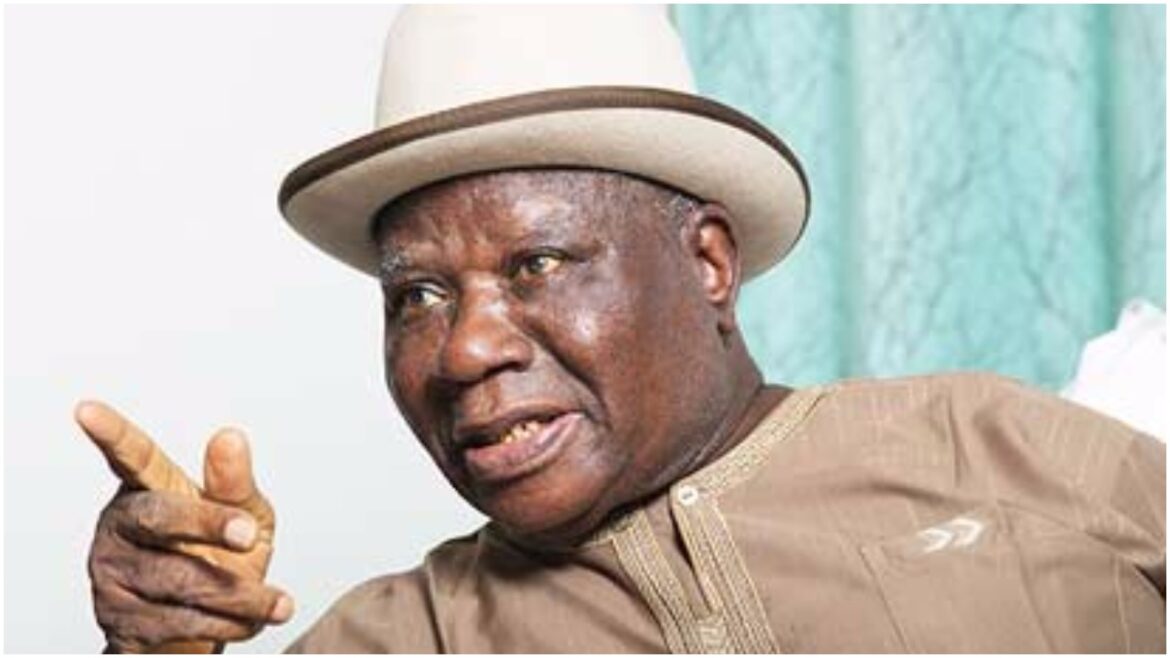Elder statesman and leader of the Pan Niger Delta Forum, Chief Edwin Clark, has called for the suspension and reform of the Nigerian Governors’ Forum (NGF). In an open letter issued on Monday, Clark argued that the Forum had strayed from its original mission of promoting collaboration among states and had instead become a “platform for power without accountability, influence without responsibility.”
Clark outlined that the NGF was initially created to foster cooperation between Nigeria’s 36 states, encourage dialogue, and act as a bridge between different tiers of government. Its aim was to harmonize governance practices, facilitate the exchange of ideas, and advocate for state interests within the federal structure.
However, by the early 2010s, Clark observed, the NGF had evolved into a powerful bloc that, in his view, manipulated the legislature, undermined local government autonomy, and often challenged the federal executive. He expressed concern that this shift in the NGF’s role had far-reaching negative consequences. Despite his past pleas, Clark remains adamant that the NGF’s story, much like Nigeria’s, is still unfolding, and reform is crucial for its future.
Accusations of overreach were central to Clark’s criticism. He pointed to the NGF’s alleged influence in state assemblies, where governors reportedly handpicked speakers and assembly members to ensure loyalty. He further criticized the NGF for manipulating the legislative process, especially in federal elections, where governors allegedly influence the selection of senators to secure political interests. This, Clark argued, has undermined the independence of the Senate and diminished its role as a forum for independent thought.
Clark also raised concerns about the NGF’s secrecy and resistance to reforms, describing it as a “notorious cabal” that prioritized power over service. Nevertheless, he remains hopeful that with meaningful changes, the NGF could still fulfill its potential as a positive force for the nation.
In his letter, Clark called for the suspension and reconstitution of the NGF as a means to reform the body. He suggested that such reform could provide an opportunity to align the NGF with democratic principles, refocus it on serving the people, and restore its original purpose as a platform for collaboration rather than control.
He emphasized that reform should not be seen as an accusation but rather as an opportunity for recalibration, recommitment, and rebuilding. He warned that failure to reform could lead to deeper divisions within Nigeria’s political system, urging the NGF to embrace change in order to avoid a potential crisis.

